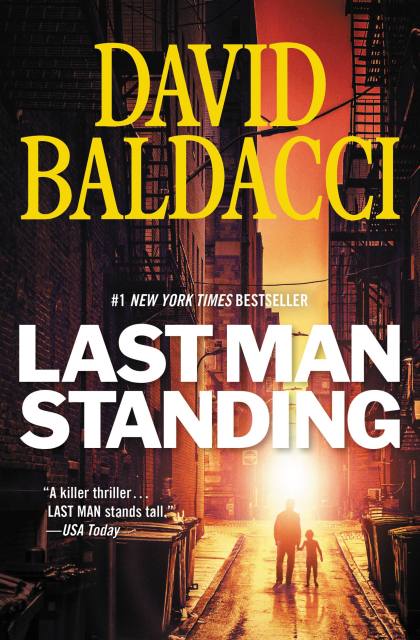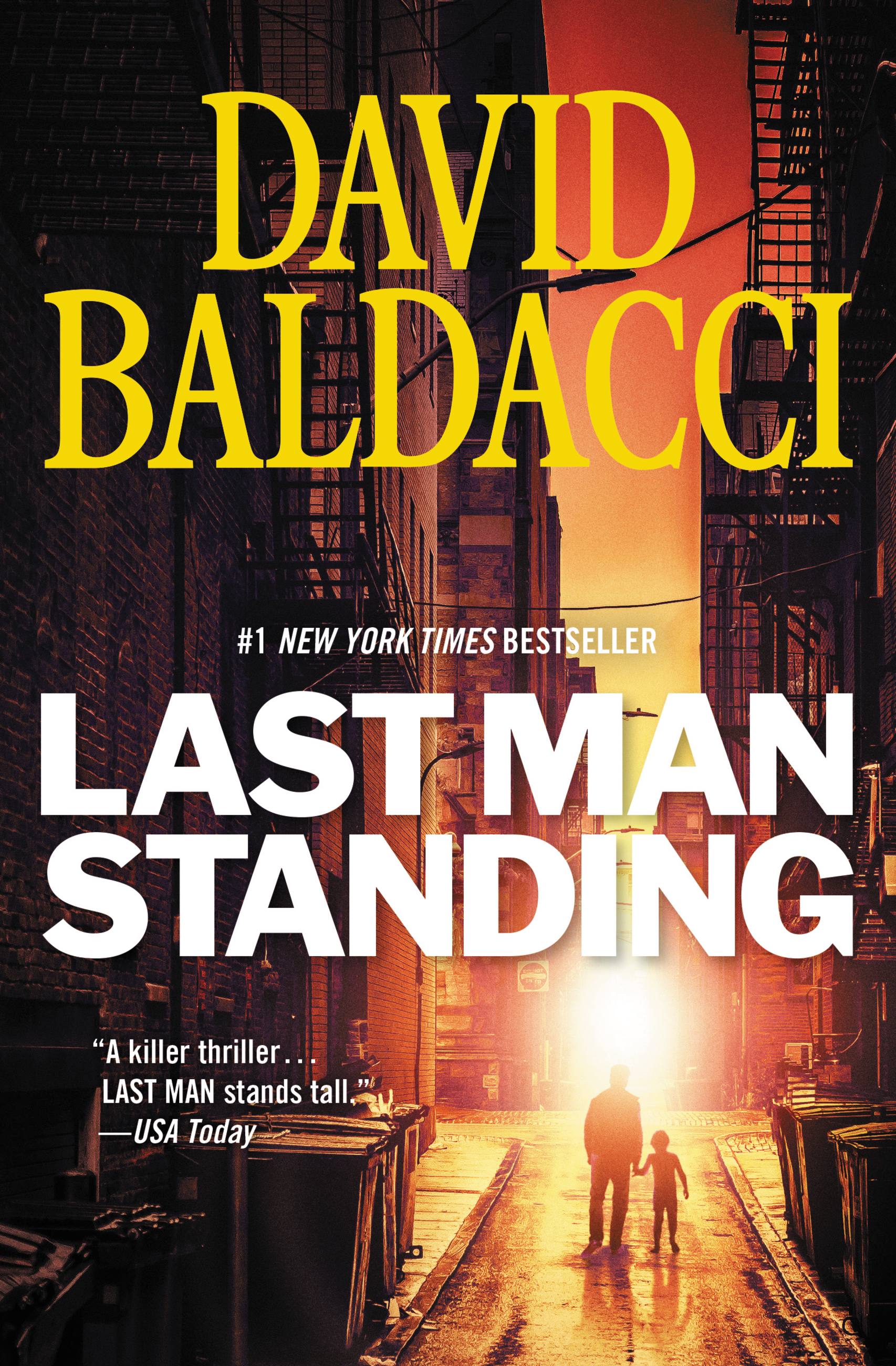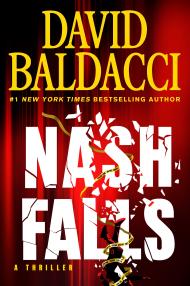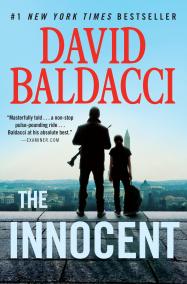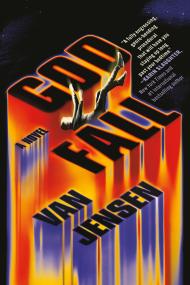By clicking “Accept,” you agree to the use of cookies and similar technologies on your device as set forth in our Cookie Policy and our Privacy Policy. Please note that certain cookies are essential for this website to function properly and do not require user consent to be deployed.
Last Man Standing
Contributors
Formats and Prices
- On Sale
- Nov 6, 2001
- Page Count
- 560 pages
- Publisher
- Grand Central Publishing
- ISBN-13
- 9780759526471
Price
$7.99Price
$11.99 CADFormat
This item is a preorder. Your payment method will be charged immediately, and the product is expected to ship on or around November 6, 2001. This date is subject to change due to shipping delays beyond our control.
Buy from Other Retailers:
The sole survivor of a devastating ambush, FBI Hostage Rescue Team agent Web London would do anything to find out what really happened that night–and a ten year old boy may be the unexpected key in this #1 New York Times bestselling thriller.
Web London was trained to penetrate hostile ground and come out alive. Then ten seconds in a dark alley cost him everything: his friends, his fellow agents, his reputation. Among his super-elite FBI Hostage Rescue Team, Web was the sole survivor of a high-tech, devastating ambush.
Now Web is trying to put his life back together and understand what really happened. To get answers, he’ll need the help of psychiatrist Claire Daniels and the one other human being who lived through the attack–a ten-year-old boy. But when his search leads him back to that bloodstained alley, Web suddenly realizes he is about to face his assassin again. And this time, one of them will become the Last Man Standing.
-
"Engagingly fierce...Baldacci's brain-teasing plot leaves you wanting more."People
-
"[This book] finds the author in his familiar bestselling territory, the seamy underbelly of the nation's bureaucracy."Entertainment Weekly
-
"A killer thriller...LAST MAN stands tall."USA Today
-
"Baldacci's most accomplished thriller...The action is nearly nonstop and expertly drawn."Publishers Weekly (starred review)
-
"Riveting...fascinating...a novel that will knock readers' socks off...The intricate plot moves at breakneck speed...The reader will be breathless."Richmond Times-Dispatch
Newsletter Signup
By clicking ‘Sign Up,’ I acknowledge that I have read and agree to Hachette Book Group’s Privacy Policy and Terms of Use
